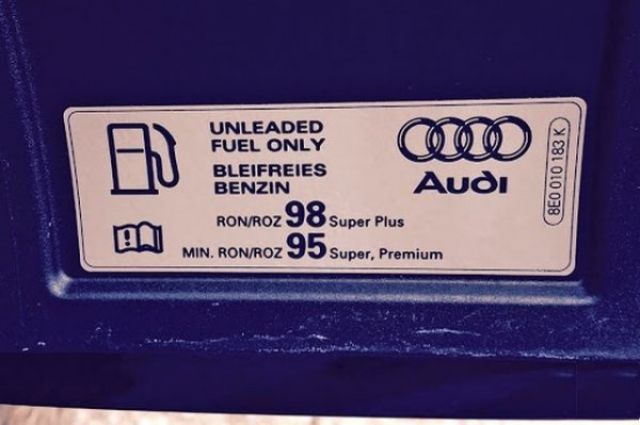Rising fuel prices, especially gasoline, are shocking most drivers not only in Bulgaria but also in many other countries. In addition to having to pay more, motorists must also pay attention to the quality of the petrol they pour. In such crises, many speculators appear who offer fuels at a lower price, they are of dubious quality. Here are 6 facts about gasoline that can be helpful in a similar situation.
Gasoline has sensitivity
This is a technical term, not a literary allegory. The main characteristic of gasoline is its octane number (OC). The higher it is, the better the gasoline withstands detonation. This number is measured by two methods – motor and research.
The research octane number (RON) is always higher than the motor octane number. And the difference between them is called “gasoline sensitivity” (from English – fuel sensitivity). The lower it is, the better.
The motor method of measurement is more rigid, imitating the traffic on the highway. And the research one is more suitable for city driving. Thus, the lower the sensitivity, the higher the detonation resistance under all operating conditions. Interestingly, A92 gasoline outperforms both the A-95 and A-98.
Gasoline does not spoil with sugar
In the old French-Italian comedy The Fool with Louis de Funes and Bourville, a villain pours a packet of sugar into the gas tank of a neighbor’s car. The adhesive mass must clog the fuel pipes and filters, and this works in a company. However, a simple experiment shows that sugar does not dissolve in gasoline. When driving, the pieces will turn into a pile of granulated sugar, but it will also lie at the bottom of the tank.
The only chance for sugar to spoil something is to mix it with water, which is always present in the tank, albeit in small quantities. But even then, the consequences will not be terrible.
Gasoline may freeze
However, the exact answer to the question “when” is not stated in any manual. The approximate freezing point is known – at -70 ° C. At the same time, gasoline thickens, but not simultaneously, but in fragments, followed by crystallization.
However, something else is more interesting – the engine, at least according to current standards of manufacturers, is not required to operate at temperatures below minus 25-30 ° C. Therefore, twice as high. The high value for the freezing point of gasoline is more than a sufficient indicator.
European gasoline differs from American gasoline
In the United States, the octane number of AKI (anti-knock index) is defined as the arithmetic mean between RON and RON. And if the instructions for an American car show the use of A-91 gasoline, then in Europe this car must be refueled with A-95. Accordingly, the American standard A-93 is equal to A-98.
 –
–
Gasoline costs the most money
Every day, Americans alone spend about a billion dollars on gasoline. However, this is not surprising, as gasoline makes the largest turnover in the world among consumer goods. And in second place is … coffee!
Gasoline breaks down
Modern gasolines lose their original properties even faster than previous fuels using tetraethyl lead. According to modern regulations, the warranty period for storage of gasoline of each brand is 1 year from the date of manufacture. There is no division by octane numbers and climate zones, but this has not always been the case. Interestingly, about 40 years ago, directories reported that the shelf life of gasoline from A93 to A98 was 24 months for the northern zone, 18 months for the middle zone and only 6 months for the southern zone.
Rate:
☆
☆
☆
☆
☆
–
3.8
Evaluation 3.8 from 13 voice.
–
– –


